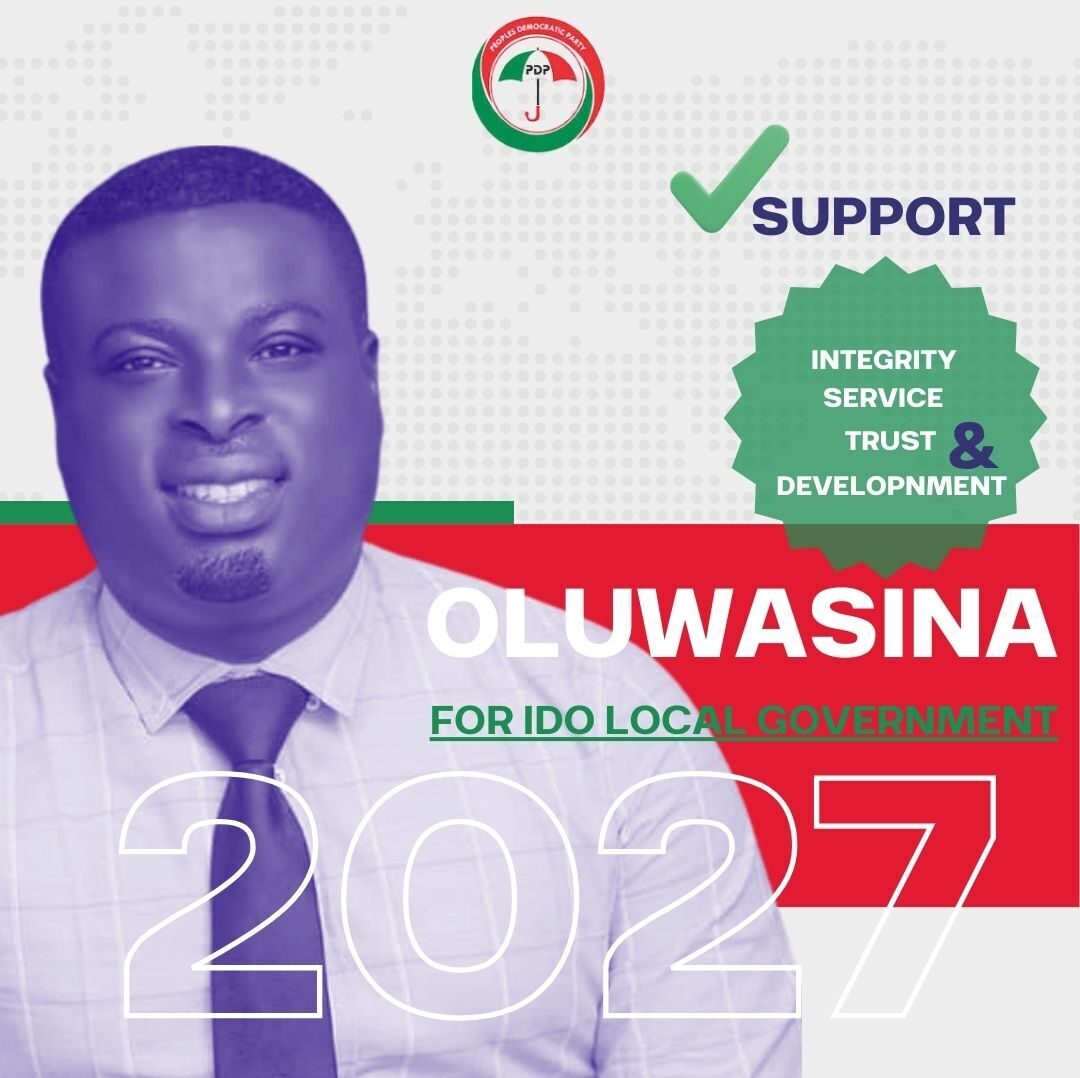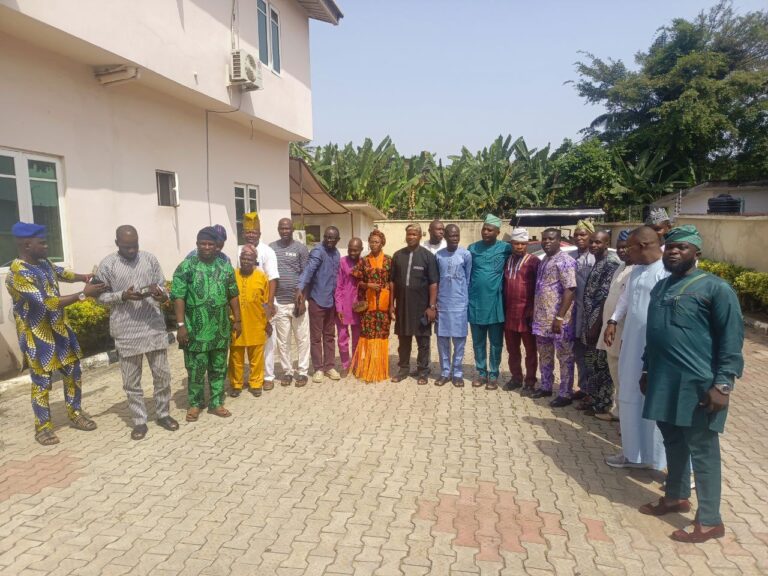
Nigeria’s economy recorded an estimated growth of 3.7 per cent year-on-year in the first half of 2025, driven by improved business conditions and a rise in crude oil production. This was revealed in the Stanbic IBTC Bank Nigeria Purchasing Managers’ Index (PMI) report for June, compiled by S&P Global and released on Tuesday.
The report indicated that key sectors such as manufacturing and services contributed significantly to the growth, although agriculture continues to lag behind, growing below its long-term average of 3.6 per cent.
Commenting on the data, Muyiwa Oni, Head of Equity Research for West Africa at Stanbic IBTC Bank, said the 3.7 per cent growth estimate aligns with projections for an annual GDP growth rate of 3.5 per cent in 2025.
“Insights from monthly PMIs and crude oil production data suggest the economy expanded by 3.7 per cent y/y in H1 2025. This was largely supported by higher oil output and stronger performance in manufacturing and services,” Oni stated.
The report also suggested that Nigeria may benefit from a softer inflation outlook in 2025 compared to 2024. This is expected to lead to lower interest rates, with potential rate cuts of 150 to 200 basis points this year, and 200 to 250 basis points in 2026.
Oni noted that these developments, along with structural reforms and the removal of protectionist trade policies, could help sustain economic growth in the medium term.
He added that post-GDP rebasing, economic growth could be revised upward to 4.2 per cent year-on-year in 2025.
The headline PMI index stood at 51.6 in June, indicating continued expansion in private-sector business activity. However, the reading is slightly lower than the 52.7 recorded in May and the 2025 average of 53.1, suggesting a gradual slowdown in the pace of growth.
The PMI, which measures changes in business conditions based on input from over 400 private-sector firms, showed a drop in manufacturing output, though other sectors remained in positive territory.
“Where output rose, firms linked it to new orders and increased customer acquisition. However, the pace of new business expansion fell to a five-month low,” the report noted.
Despite the slower growth, business sentiment reached its highest level since August 2022, with many firms expressing optimism due to expansion plans and infrastructure investments.
The labour market remained relatively stable in June after a slight drop in employment in May. However, work backlogs increased for the third consecutive month, attributed to material shortages, payment delays, and power supply challenges.
While supplier delivery times were largely unchanged, some businesses cited poor road infrastructure as a factor affecting deliveries.
The Stanbic IBTC PMI is a monthly economic indicator based on survey responses from purchasing managers across multiple sectors, including agriculture, mining, construction, manufacturing, wholesale, retail, and services. The index has been tracking Nigeria’s private-sector business performance since January 2014.
The PMI report comes as international and local institutions continue to release varying forecasts for Nigeria’s economic performance.
The World Bank recently reaffirmed its 2025 growth projection for Nigeria at 3.6 per cent, slightly above the 3.4 per cent recorded in 2024, but below the Central Bank of Nigeria’s estimate of 4.17 per cent and the Nigerian Economic Summit Group’s earlier projection of 5.5 per cent.
Economists say that sustaining momentum in the second half of the year will depend on continued reforms, improved infrastructure, and stable global oil prices.






